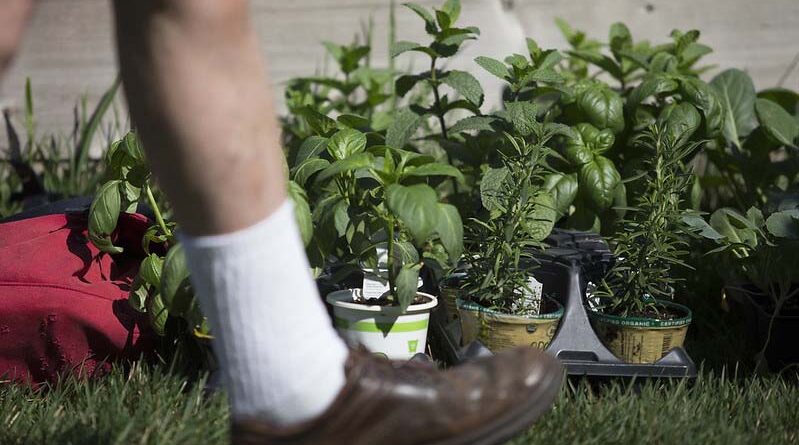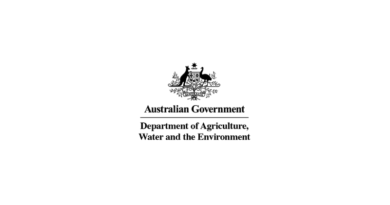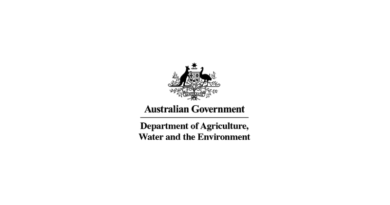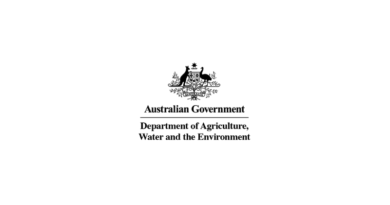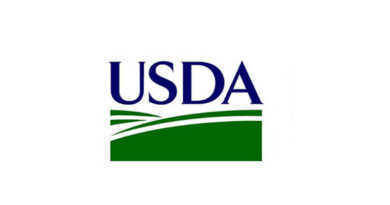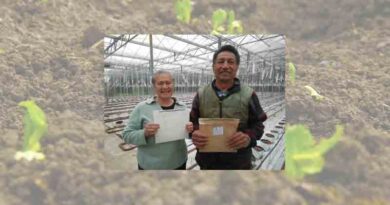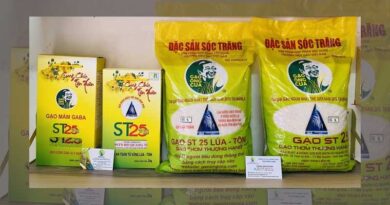Safeguarding Australia from seedy biosecurity risks
5 August 2020, Sydney: Australia suggested its citizens to be biosecurity aware, following cases of unsolicited seed packets being received through the mail. Head of Biosecurity Operations, Emily Canning, said imported seeds must adhere to strict biosecurity conditions that help manage pest and disease risks.
Read: China reports Fall Armyworm in corn growing areas
“The department is aware of the cases overseas and we have had a small number of reports in Australia that are under investigation,” Ms Canning said. “It is an important reminder that we all need to do our part to safeguard Australia from biosecurity pests and diseases.”
“This includes reporting potential biosecurity breaches and following the correct process if you are purchasing seeds from overseas. If you do receive seeds in the mail that you did not purchase, do not plant the seeds or put them in the garbage.”
Read: Bayer completes the sale of its Animal Health business unit to Elanco
The department has suggested to secure the seeds and immediately report it to the department. Seeds that do not meet biosecurity conditions can threaten our environment, agricultural industries and even backyard gardens. They could also be carrying invasive species or harmful plant diseases.
“This is why we have strict conditions for the import of seeds, to help manage these serious biosecurity threats.
International mail centres are equipped with detector dogs, x-rays and biosecurity officers are also in place to intercept any potential risk items that arrive. “We do regularly intercept seed packets from overseas that are mis-declared as jewellery, gifts, earrings and garden tools “, said Ms Emily. “These items are either exported back to the sender or destroyed, to ensure they do not harm Australia’s agriculture or environment.
Photo credit: COD Newsroom on Visualhunt.com / CC BY

